Britain & Ireland 1509-1745
In this section you will find articles to help you unpick the truths from the myths of the Tudor period, examine how Cromwell took the country to war and explore how some the most important political thinkers began to shape the modern world. There is also guidance for teaching some of the information collected here to pupils and different age ranges.
Sort by:
Date (Newest first) | Title A-Z
Show:
All |
Articles |
Podcasts |
Multipage Articles
-

Polychronicon 161: John Lilburne
ArticleClick to view -
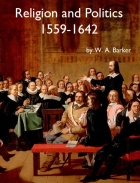
Religion and Politics 1559-1642
ArticleClick to view -

Bristol and the Slave Trade
ArticleClick to view -
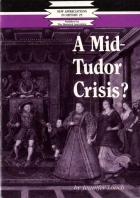
A Mid-Tudor Crisis?
ArticleClick to view -
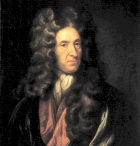
Daniel Defoe, public opinion and the Anglo-Scottish Union
ArticleClick to view -
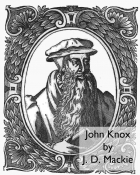
John Knox
ArticleClick to view -
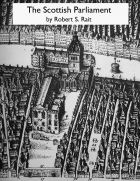
The Scottish Parliament by Robert S. Rait
ArticleClick to view -
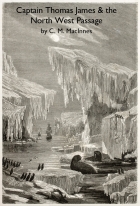
Captain Thomas and the North West Passage
ArticleClick to view -
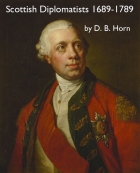
Scottish Diplomatists 1689-1789
ArticleClick to view -
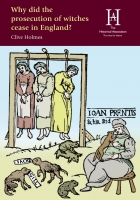
Why did the prosecution of witches cease in England?
ArticleClick to view -
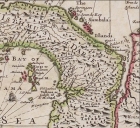
The Darien Scheme - Pamphlet
ArticleClick to view -

The Local Community and The Great Rebellion
ArticleClick to view -
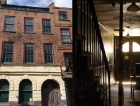
Helping Year 9s explore multiple narratives through the history of a house
ArticleClick to view -
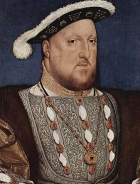
Early Modern Britain 1509-1745
ArticleClick to view -
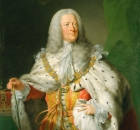
Making sense of the eighteenth century
ArticleClick to view -
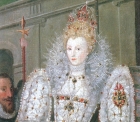
Polychronicon 154: Elizabeth I
ArticleClick to view -
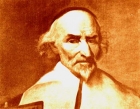
Regional Aspects of the Scottish Reformation
ArticleClick to view -
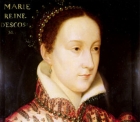
The Evidence of the Casket Letters
ArticleClick to view -
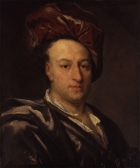
Bolingbroke
ArticleClick to view -

Currency and the Economy in Tudor and early Stuart England
ArticleClick to view

